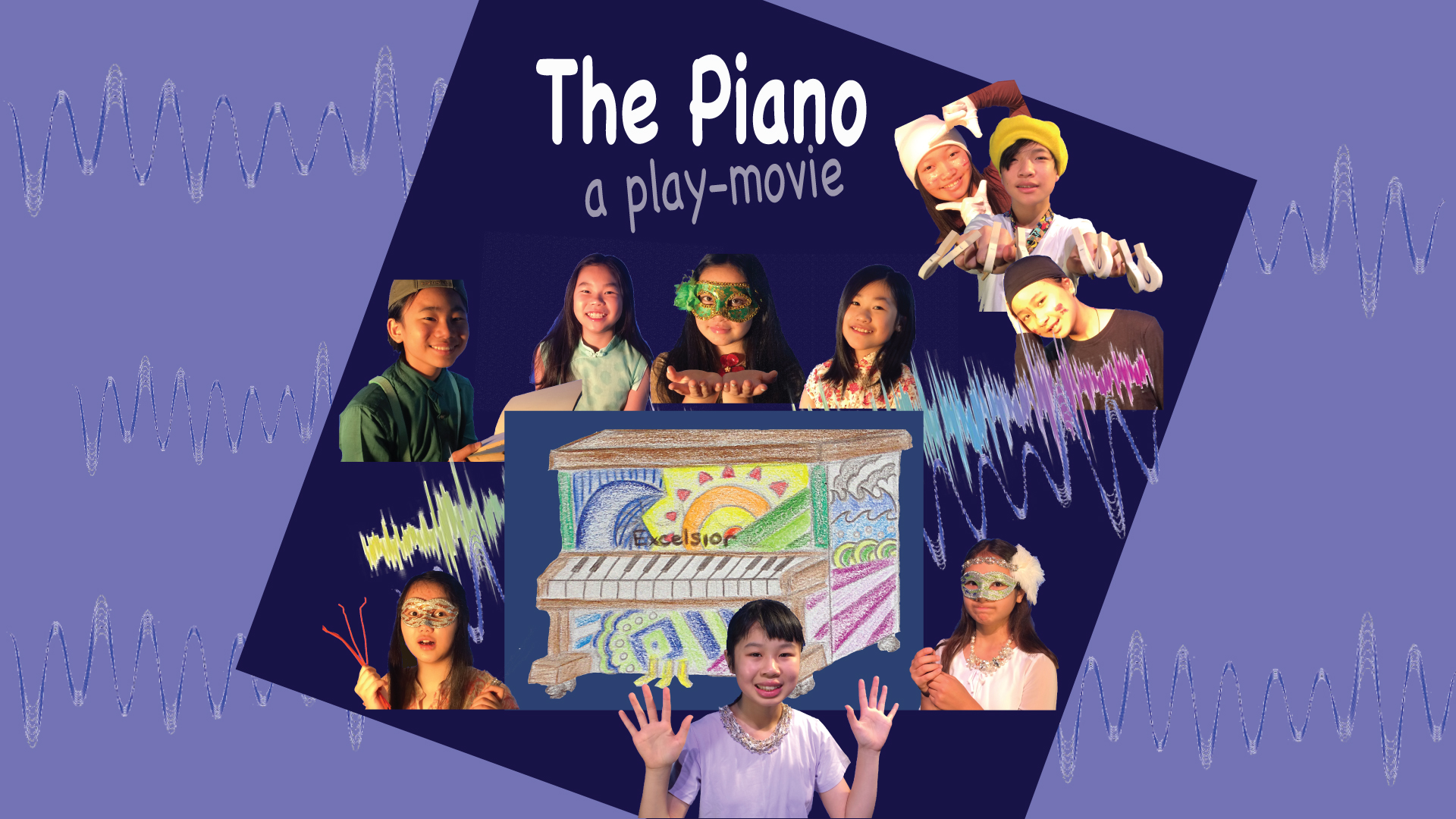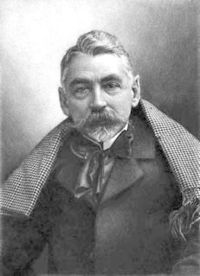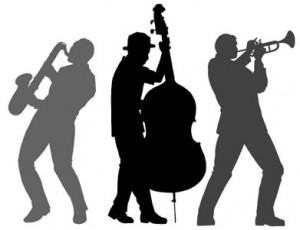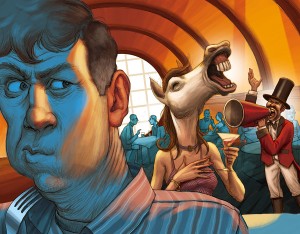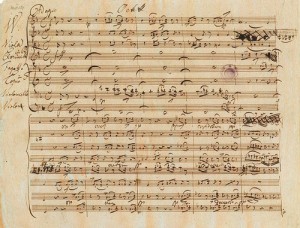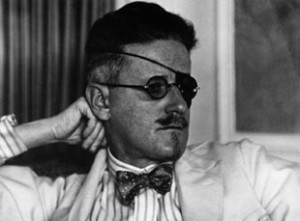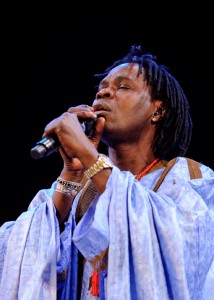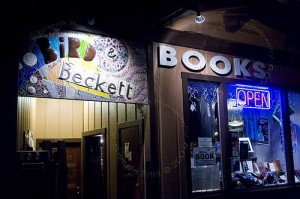The Piano is a fantasy-adventure theatrical play written by Clara Hsu for the students of Clarion Summer Theater, 2020. The play is based on Clara’s knowledge and experience as a child growing up in her father’s piano factory in Hong Kong.
Players ages 10 to 16 met frequently on zoom to rehearse. They learned to act, dance and sing. Then each player was filmed individually at Clarion Performing Arts Center. The footage was creatively edited together by Brent Benaway. We’re proud to present to you “The Piano 2020 — a Play Movie”
The Piano is produced as a testament of tenacity and creativity of the human spirit. It was so for Mr. Ma, the piano manufacturer. It is so today, for all of us in the time of Coronavirus.
